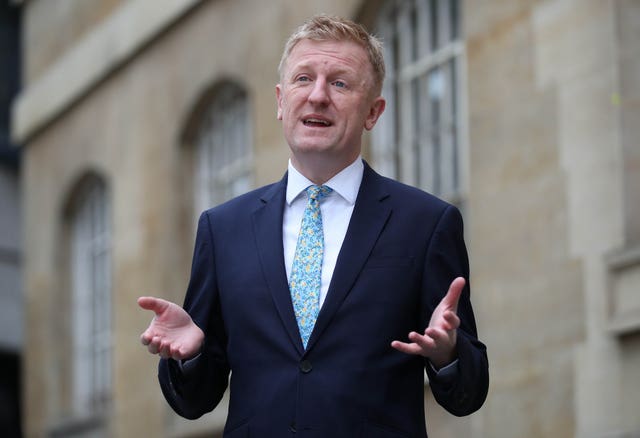Innovations in the cultural sector during the pandemic are “set to change the cultural landscape in the UK forever”, according to a new report.
The UK Research and Innovation (UKRI) report has made a number of recommendations as to how the sector can recover following a lengthy period of disruption caused by coronavirus.
They include ensuring global audiences have greater access to cultural institutions’ digital media platforms.

The public body said in a statement: “In March 2020, the UK’s theatres, concert halls, festivals, galleries and museums fell silent. It is testament to their resilience that they were not silent for long.
“Our cultural institutions fought back against the pandemic with innovations that are set to change the cultural landscape in the UK forever.
“From the livestreaming of ballet into our living rooms and interactive plays on Zoom, to behind-the-scenes tours of galleries, and concerts in Epic’s Fortnite, culture during the pandemic has flourished in new forms.”
The UKRI report, titled Boundless Creativity, which was created in partnership with the Department for Digital, Culture, Media & Sport, recommends cultural institutions invest in technology.
It also suggests arts funding agencies should look at the impact of coronavirus on the cultural sector workforce to help support “effective interventions to reverse the labour market scarring and to bring back talent recently lost”.

Culture Secretary Oliver Dowden said: “Throughout the pandemic the UK’s world-class cultural and creative sectors have shown how innovative and resilient they can be in the face of huge challenges, as well as how vital they are to our economy and communities.
“This important report shows how culture can use these experiences to adapt and thrive in the future, as we build back stronger.”
The UKRI Arts and Humanities Research Council executive chair Christopher Smith said: “The UK has a world-leading cultural sector and the pandemic has shown how it can continue as such on an even greater scale.”
He added the report can “deliver meaningful societal impact, from social prescribing to tackling loneliness, depression and deprivation, to healing communities and improving cohesion, resilience and prosperity across the UK”.
